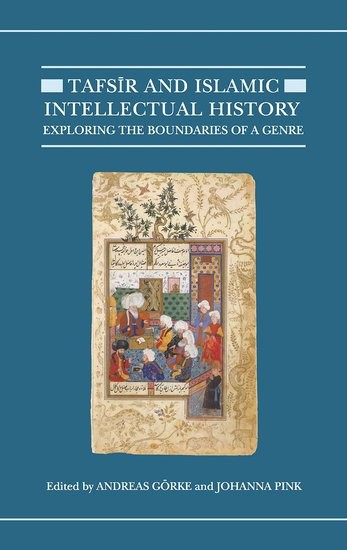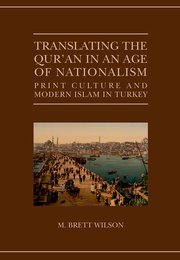Review of Qur’anic Research, Vol. 3 no.5 (2017)
In the latest installment of the Review of Qur’anic Research (Vol. 4, no.5), Vanessa De Gifis (Wayne State University) reviews Tafsīr and Islamic Intellectual History (London: Oxford University Press/Institute of Ismaili Studies, 2014), a collection of studies edited by Andreas Görke and Johanna Pink. In this volume, Görke and Pink pose an essential inquiry about tafsīr: “What kind of disciplinary, dogmatic, sectarian, chronological or regional boundaries are there, how are they affirmed and how are they permeated, transgressed, or shifted?” (11). The overall claim of TIIH is that a variety of criteria may be useful to make sense of the external (definitional) and internal (taxonomical) boundaries of tafsīr, contingent upon the particular aspects of qurʾānic interpretation with which researchers are concerned.

For full access to the Review of Qur’anic Research (RQR), members can log in HERE. Not an IQSA member? Join today to enjoy RQR and additional member benefits!
© International Qur’anic Studies Association, 2017. All rights reserved.

